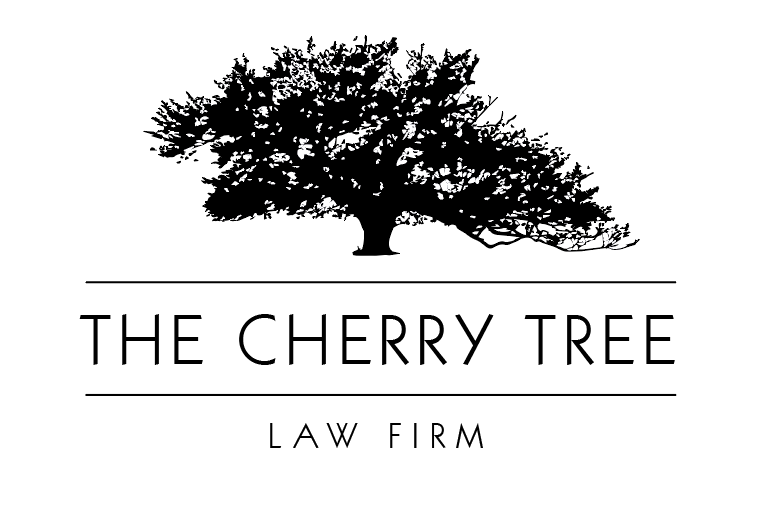In addition to the general concerns of estate planning, families with minor children have additional reasons for creating a formal estate plan.
First, parents want their children to be cared for by designated family members or close friends and need to make the court aware of their wishes. Because children are not property, parents cannot designate a person to inherit their minor children, rather they must nominate a suitable guardian who in the event of the death of both parents will need to petition the court for guardianship. This nomination is commonly made in the parent’s will.
Second, the parents should plan how assets inherited by the children will be properly safeguarded. Assets can include: real estate, vehicles, cash and investments accounts as well as the commonly overlooked proceeds from life insurance policies. While children are minors (under 18) funds over $12,000 cannot be legally distributed to them or even to an informal custodian to hold for them until they reach the age of majority. Rather, a legal conservatorship authorized by the court would need to be established. This can be costly, time consuming and limiting. Conservatorship funds are often locked by the court so that no distribution can be made without the court’s explicit permission. However, when the child turns 18, he or she can immediately take control of the funds and spend them in any manner the child wishes.
Instead, a parent may opt to create a testamentary trust. This is a trust created in a will that come into effect only if the parent(s) pass away. The trust can hold a child’s funds until any age set by the parents. Parents will often choose to have the funds held until the child is past the age of majority and is likely to have completed college or graduate school. However, the trustee (appointed by the parents) has access to the trust assets and can pay for whatever the parents deem appropriate which often includes: health, education, maintenance, and distribution of funds to pay for a wedding, establish a business, buy a house or even to the guardian to offset the cost of care. The parents control the rules of the trust and determine how their child’s future will be managed.
A will can be a relatively easy document to create. For a free estate planning consultation with attorney, Kara Daley, please call: (541) 738-2445.


